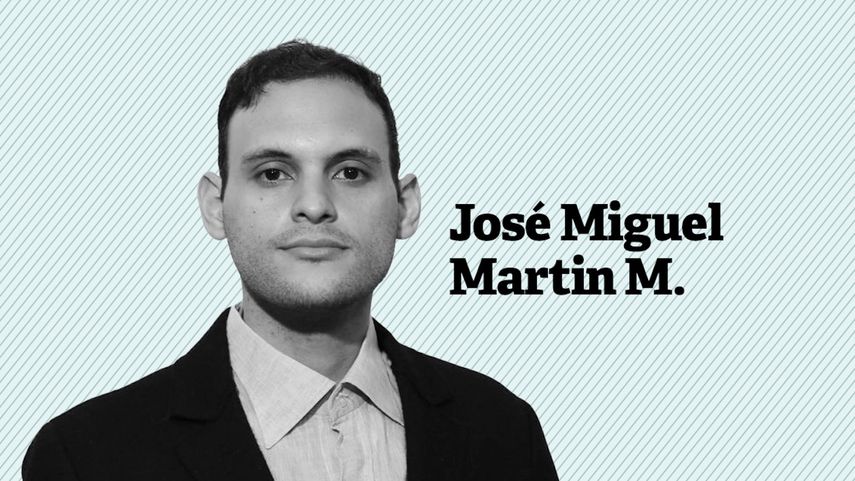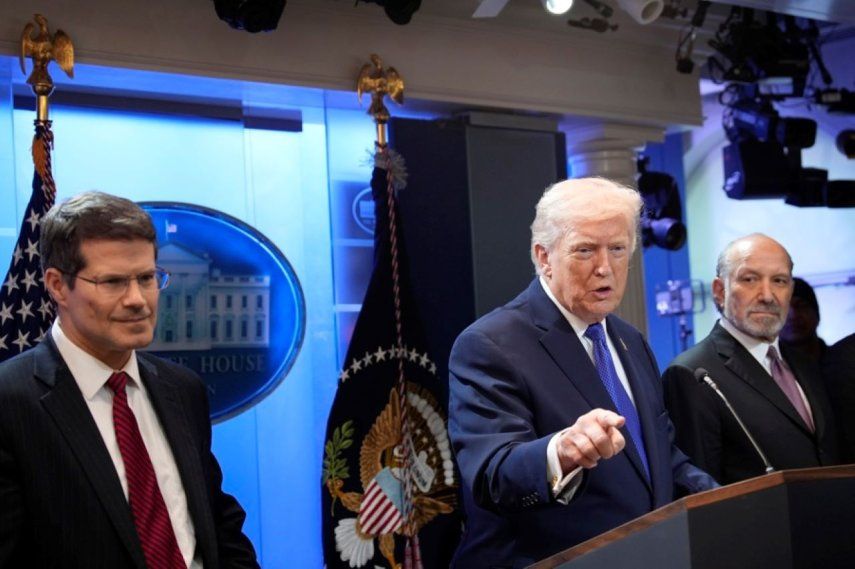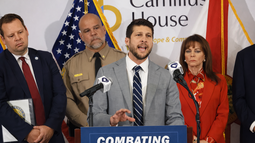The emergence of Millennials and Generation Z as significant political forces marks a transformative era in American politics. While these younger generations are driven by strong motivations for change, they face substantial barriers to political participation, particularly when it comes to running for office. This paper explores the critical role that financial insecurities play in preventing young people from seeking elected positions and the implications for policy-making in the United States.
Financial Barriers to Running for Office
Running for office is extremely expensive. In 2014, the average candidate for the House of Representatives spent close to $700,000 on their campaign. Even local elections can require significant investment, with some school district races costing hundreds of thousands of dollars. These high costs create a substantial financial barrier for young people who may not have access to such resources[1].
Candidates also incur a substantial opportunity cost. The everyday intricacies of running a campaign take up a large amount of time—some have estimated that candidates need about 540 days of election work to win. Under these circumstances, it becomes unrealistic to maintain employment and/or schooling. This presents a significant challenge for young people who are in the early stages of their careers or still pursuing their education[2].
Those who run tend to be more financially comfortable. Research finds that more than 60% of the 18- to 25-year-olds who ran had an annual income of at least $50,000. For 26- to 34-year-old candidates, nearly 50% of them made more than $80,000 a year. This suggests that financial stability is often a prerequisite for running for office, excluding many young people who haven’t yet reached that level of financial security[3].
Impact on Political Representation
The financial barriers to running for office have significant implications for political representation:
- Lack of Diverse Voices: Despite their under-representation in elected office, youth African descendants are running at a greater rate than older African descendants people. Young women make up only 30% of all candidates and are significantly less likely to indicate interest in running for office. This underrepresentation means that the perspectives and experiences of young people, especially those from diverse backgrounds, are often missing from policy discussions[4].
- Economic Disparities: Financial insecurity acts as a major barrier for young people to run for office, and youth who make less than $50,000/year are less likely to run. This creates a cycle where those who are most affected by economic policies are least likely to be in positions to shape those policies[5].
- Limited Policy Perspectives: When young people from diverse economic backgrounds are unable to run for office, it limits the range of policy perspectives in government. This can lead to policies that do not adequately address the needs and concerns of younger generations.
Motivations and Priorities of Young Voters
Despite these barriers, young Americans are increasingly motivated to engage in politics:
Since 2018, members of Gen Z have become politically engaged on issues like gun control, the environment, reproductive health, education, and racial justice, and, increasingly, running for office[6].
Gen Z are values-based voters motivated by a protection and expansion of basic rights — clean air, clean water, to feel safe in school, reproductive rights. They’re concerned about those who are more vulnerable themselves, specifically members of the LGBTQ community. Basically, the protection of our democracy. Those are what I would call the table stakes[7].
However, economic concerns remain a top priority for many young voters:
Although abortion and the Israel-Hamas conflict have been the dominant narratives surrounding the youth vote’s policy priorities, the economy is the overwhelming priority of voters under the age of 30. This is a direct result of young Americans facing tremendous economic challenges[8].
Addressing Financial Barriers
To increase youth participation in politics and ensure more diverse representation, several steps can be taken:
- Campaign Finance Reform: Implementing reforms that make it easier for candidates with limited financial resources to run for office, such as providing public funding for campaigns or matching small-dollar donations.
- Financial Support for Candidates: Communities and institutions at every level can and must work together to make running for office a viable, realistic alternative for a wide variety of youth. These diverse voices in elected office are essential to achieving a more inclusive, equitable, and representative democracy[9].
- Civic Education and Engagement: The findings in this paper point to what those efforts must entail: opportunities for civic engagement and action, outreach from personal networks, as well as explicit encouragement and support that can foster feelings of being qualified to run and allay concerns about financial barriers and other deterrents[10].
- Addressing Economic Insecurity: Young people have also been experiencing a series of challenges, from a mental health crisis to economic difficulties, that can also serve as barriers to voting. Only twenty-three percent of young people consider themselves financially secure, with another 33% saying they “are stable” enough to meet basic needs[11]. Addressing these broader economic challenges can help create a more level playing field for political participation.
In conclusion, while the new generation of American voters is driven by strong motivations for change, financial insecurities present significant barriers to their full participation in politics, especially when it comes to running for office. Addressing these financial obstacles is crucial for creating a more inclusive and representative democracy that reflects the experiences and perspectives of all citizens, including young people from various socioeconomic backgrounds.
[1] https://circle.tufts.edu/latest-research/what-research-says-youth-running-office?t
[2] https://circle.tufts.edu/latest-research/what-research-says-youth-running-office?t
[3] https://circle.tufts.edu/latest-research/what-research-says-youth-running-office?t
[4] https://circle.tufts.edu/latest-research/running-for-office?t
[5] https://circle.tufts.edu/latest-research/running-for-office?t
[6] https://news.harvard.edu/gazette/story/2023/04/rising-political-tide-of-young-adults-gen-z/?t
[7] https://news.harvard.edu/gazette/story/2023/04/rising-political-tide-of-young-adults-gen-z/?t
[8] https://www.brookings.edu/articles/how-economic-concerns-are-shaping-the-youth-vote-in-2024/?t
[9] https://circle.tufts.edu/latest-research/running-for-office?t
[10] https://circle.tufts.edu/latest-research/running-for-office?t
[11] https://circle.tufts.edu/latest-research/2024-poll-barriers-issues-economy?t
José Miguel Martin is a strategic leader and government relations expert with a strong background in fundraising, business development and project management. Graduate in Legal and Political Sciences, with Masters in Political Communication and Senior Business Management, he combines strategic thinking with practical skills to promote success in various fields.
As a political strategist and columnist, José Miguel specializes in strategic leadership and planning. He is recognized as a speaker on issues of innovation and sustainability in political communication. Currently, he serves as CMO of Viralink Studio, where he applies his experience in digital marketing and business development.
His focus on innovation and results has led him to excel in creating compelling narratives and optimizing processes. José M Martin M is specialized in accelerating the impact of development actors globally, with particular emphasis on the MENAN and LATAM region. Its vision focuses on creating innovative, sustainable and high-impact businesses, seeking to transform key industries through technology, education and well-being.
X @Josemartinm_
Instagram @Josemartinm_
Linkedin www.linkedin.com/in/josemiguelmartinm

















